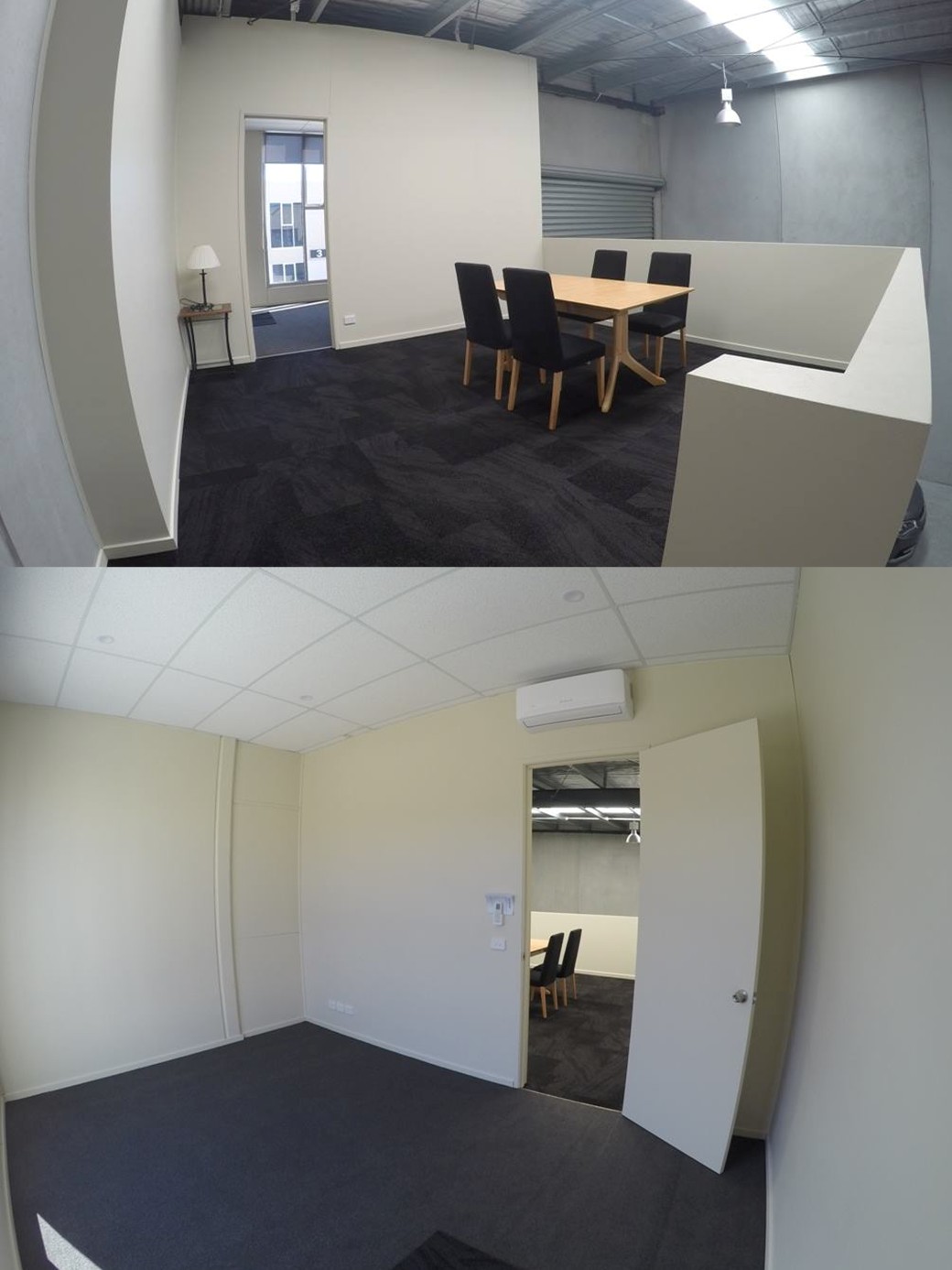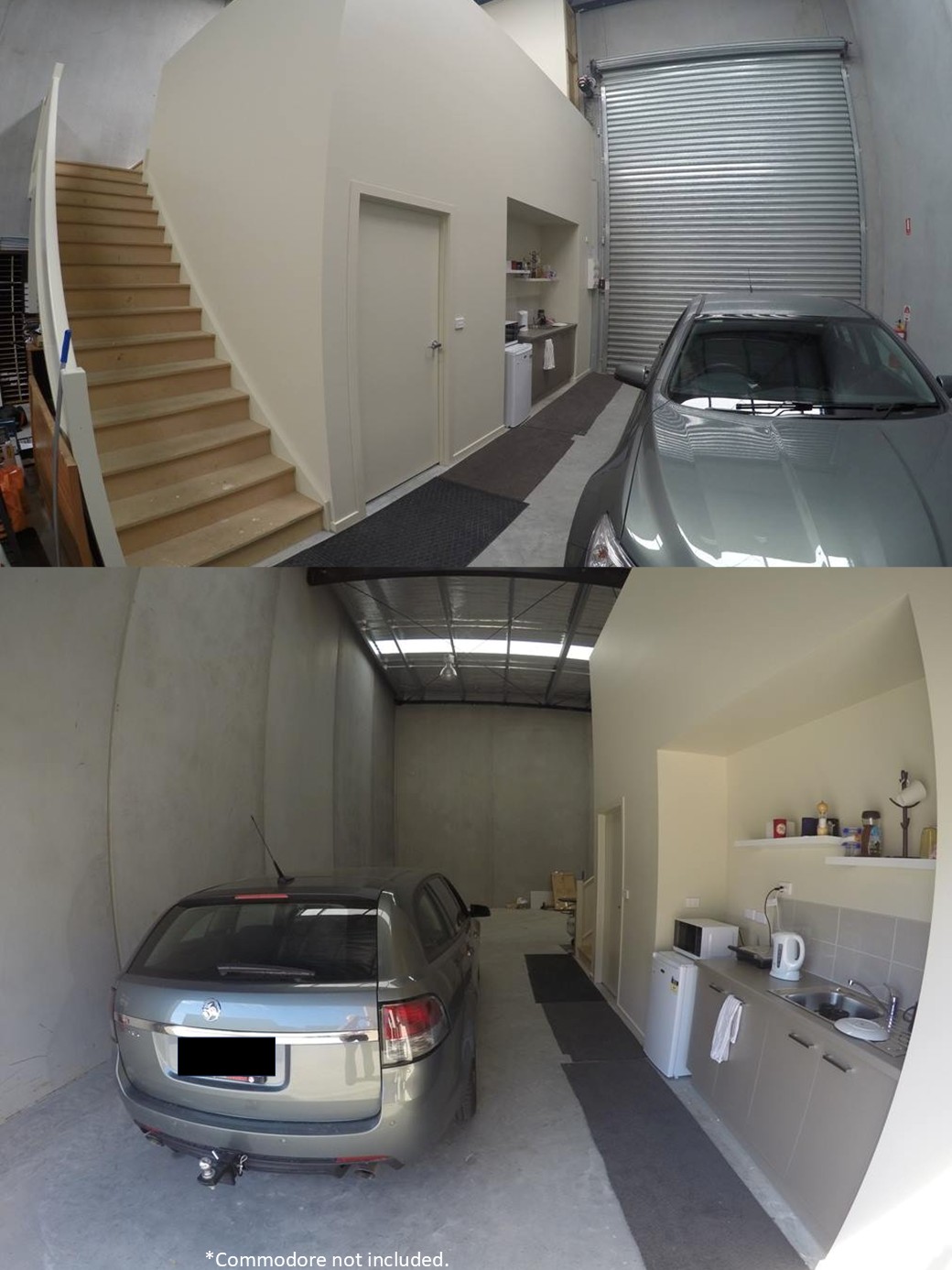Do you have a question you would like answered?
Ask away.
Here are a few examples of FAQ’s in conjunction with Tick Box Conveyancing.
A reverse mortgage can be a good financial tool for some retirees, but it also comes with notable risks. Here’s a clear breakdown of why it might be beneficial and the potential downsides to consider:
✅ Why a Reverse Mortgage Can Be a Good Thing
⚠️ Risks and Downsides
🧠 Summary: Who Might Benefit?
Best suited for:
Probably not ideal for:
If you’re considering a reverse mortgage, speaking with a financial advisor and getting independent legal advice is strongly recommended—especially to understand how it affects estate planning, benefits, and long-term options.
Are you looking for an office area to rent in Mornington? We have a mezzanine office area of 33m2 comprising an open office area and an enclosed office area.
AND/OR
PLUS 90m2 of warehouse/factory area with roller door access.
OR EVEN
take over the existing downstairs office and I will move upstairs.
FREE INSPECTIONS available now.
#Officespace #WarehouseMornington #OfficeSpaceMornington #FactoryMornington
What about storing a Large Boat or Large Caravan in Mornington – limited opportunity.
Fully enclosed secure factory. Power available. After hours locked gate.
#boatstorage #BoatStorageMornington #caravanstorage #CaravanStorageMornington


The rates have gone down, WHAT HAPPENS NEXT?
Lenders will announce that they have dropped their home loan interest rates, but in the fine print they advise what dates the rates are dropping from. Some will drop their rates for new borrowers faster or sooner than for existing borrowers. Some will be days plenty will be weeks.
For existing borrowers, the repayment amount generally won’t change until the end of the month following the rate reduction. This is because we pay our home loans “in arrears”. So don’t think the lower repayment will start with the next repayment as a general rule.
Just to confuse things, some lenders will automatically reduce your loan repayment to the new lower amount, or some will just leave the repayment amount the same and let you pay extra. No right or wrong answer.
If you need the extra cash flow, then take the lower repayment if it is offered or ask your lender to reduce the repayment to the minimum.
If cash flow isn’t an issue, then I suggest leaving the repayment the same and paying off the home loan faster. You can generally always access the extra if you need it via redraw.
The other consideration if your cashflow is ok, is to take the lower repayment option on the home loan and pay extra into any high interest rate debts like credit cards, car loans, zippay etc. Pay them off faster and then put those repayments into your home loan.
Subject to obtaining independent financial advice, you may also wish to reduce the home loan repayment to the minimum and pay the extra into your superannuation for retirement. Seek financial advice to make sure this is the best option for you, as once the money is in superannuation, you can’t get it out until retirement.
Is your Mortgage Broker a FIFO Mortgage Broker?
Doing what it takes, when it is needed.
click on the picture to watch the video. 
Think your broker or bank is doing all they can. Think again – who else would do this for you? The FIFO Broker would.
![]()
![]() Struggling to navigate the complex world of mortgages when looking for your dream home? Finance by Pete Ritchie is here to help! With over 21 years of industry experience, we have helped countless clients achieve their financial goals and secure their dream homes.
Struggling to navigate the complex world of mortgages when looking for your dream home? Finance by Pete Ritchie is here to help! With over 21 years of industry experience, we have helped countless clients achieve their financial goals and secure their dream homes. ![]() At Finance by Pete Ritchie, we’re committed to providing excellent customer service and education to help you secure the perfect mortgage terms. Trust us to guide you through the process with integrity and equal expertise to help you make informed decisions and feel confident in your financial future.
At Finance by Pete Ritchie, we’re committed to providing excellent customer service and education to help you secure the perfect mortgage terms. Trust us to guide you through the process with integrity and equal expertise to help you make informed decisions and feel confident in your financial future. ![]() Schedule a consultation today to learn how our broker services can help you find the right mortgage for your needs! #MortgageBrokers #DreamHome #ExcellentCustomerService
Schedule a consultation today to learn how our broker services can help you find the right mortgage for your needs! #MortgageBrokers #DreamHome #ExcellentCustomerService ![]()
![]() #MortgageBrokerMornington #MortgageBrokerLangwarrin
#MortgageBrokerMornington #MortgageBrokerLangwarrin
Many clients are asking a very similar question – should I leave the interest rate on my home loan as a variable rate or should I be looking to fix the rate?
This is the same questions being asked in thousands of households across Australia and with rates as low as they are it is a very good question to ask.
With no recent rate cuts by the Resservce Bank there is some speculation mounting that we could be in for a rate rise in early to mid 2019.
We must keep in mind that the banks and lenders are under no obligation to pass any official rate cuts or rises to their customers and oh, how much we’d love to have a crystal ball.
The fact is we already have rates as low as they have been since the 1950’s so is now a good time to fix, well both options are very tempting.
Whether you fix some or your entire loan really depends on your individual circumstances and your plans for the future.
Here are a couple of points worth considering.
A fixed rate does commit to a course of action for at least the duration of the fixed term. A fixed rate generally means a fixed repayment and whilst some lenders will allow you to pay extra there are some restrictions as to how much.
Most lenders don’t allow you to access the redraw on your loan for the fixed portion and you can be slugged with significant fees should you wish to break a fixed rate loan before the expiration of the fixed rate period.
With most variable owner occupied rate at or around 6%, many borrowers are taking advantage of trying to pay as much as possible into their home loan. The benefit will be twofold, they are paying off their home loan more quickly and gaining equity into a very important asset.
A fixed investment loan term, sub 5.5% is becoming harder to find so again it depends on your individual circumstances about whether to stay variable of fix some of the loans you have or are currently seeking.